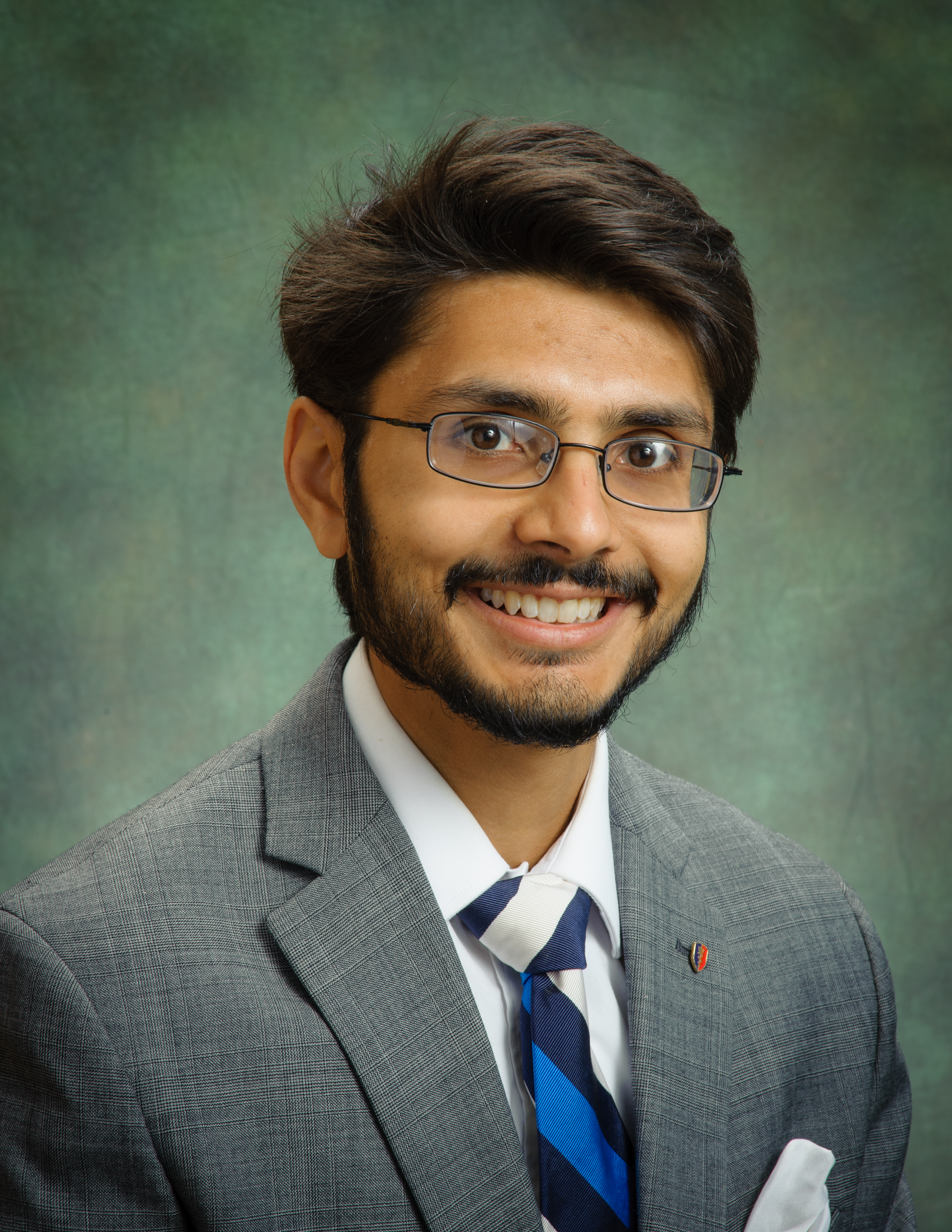
Krishnan R. Patel, M.D.
- Center for Cancer Research
- National Cancer Institute
- Building 10/CRC, Room B2-3500
- Bethesda, MD 20892
- 301-496-5457
- 301-480-5591
- krishnan.patel@nih.gov
RESEARCH SUMMARY
Krishnan Patel is a radiation oncologist at the National Cancer Institute with a clinical focus in the treatment of genitourinary malignancies. His research focus includes the investigation of novel forms of hypo-fractionated radiation therapy to improve oncologic outcomes, improve the patient’s quality of life, and sensitize the immune system. His clinical practice is based on his research interests and focuses primarily on treating patients with newly diagnosed or recurrent prostate cancer as well as other patients with genitourinary malignancies such as bladder cancer.
Areas of Expertise
Information for Patients
Learn more about the Radiation Oncology Prostate Cancer Clinical Research Team and clinical trials.

Krishnan R. Patel, M.D.
Clinical Trials
Dr. Krishnan Patel answers frequently asked questions about his clinical trial using a new form of focal radiation therapy for prostate cancer.
Biography

Krishnan R. Patel, M.D.
Dr. Patel serves as assistant research physician in the NCI’s Radiation Oncology Branch, principal investigator of the FOCUS-RT trial and co-investigator on more than a dozen other clinical trials.
His clinical research focuses on developing novel targeting methods for administering high-dose, stereotactic body radiation therapy (SBRT) that use both advanced imaging (i.e., MRI and PSMA-based PET/CT) and artificial intelligence to improve efficacy of treatment and quality of life for patients with prostate cancer. The remainder of his research applies statistical methods to clinical trials.
He serves on numerous advisory panels and national committees, including those for the American Society of Radiation Oncology, the American Board of Radiology and NRG Oncology.
Dr. Patel completed his undergraduate studies in chemistry and pharmacology at Duke University’s Trinity College. He then attended Boston University School of Medicine on the Dean’s Scholarship. After medical school, he completed residency at the University of Minnesota and held the position of Chief Resident and thereafter was appointed as an attending physician in the Veterans Health Administration network. He has conducted further post-graduate education at Duke Medical School earning a Master of Health Sciences in Clinical Research and Biostatistics.
